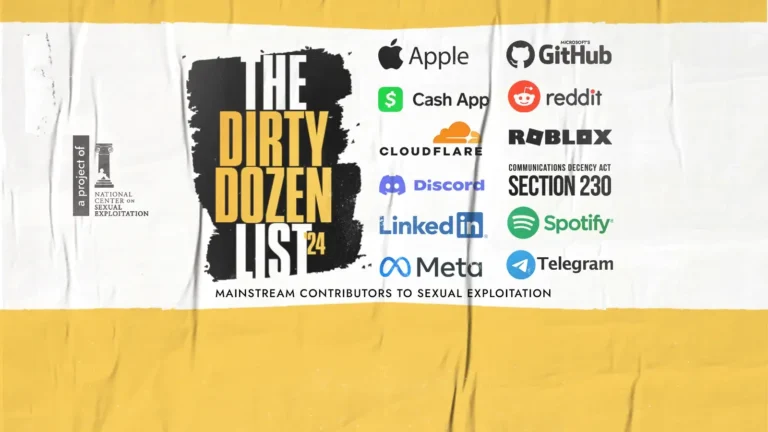Dr. Kevin Skinner, Clinical Director at Addo Recovery
Over the past few years, I have watched men and women struggle with many different addictions. I have watched what happens in their relationships. For most of them, their attempts at relationship intimacy have suffered deeply because they are trapped under the weight of their addiction. I want to share my observations of how addiction, in particular pornography addiction, impairs relationship intimacy and more specifically how to reverse each of these observations.
Victor L. Brown, a bishop of the Church of Jesus Christ of Latter-day Saints, once wrote, “The lives of most people are histories of their search for intimacy, of their attempts to be socially, physically, and emotionally close to others.” Unfortunately, many of us struggle to achieve deep intimacy in our relationships. We get distracted from our search for this intimacy because of hurt, rejection, abuse, trauma, and addiction just to name a few. Consequently, we settle for less intimacy and look outward to things, entertainment, work, or meaningless relationships to satisfy our true desire, to be close to others. Such attempts always end up leaving us empty and longing for more.
But why do we turn to these things when we know that they won’t help us achieve our truest desires? The answer in many cases is fear. Fear of being hurt again. A fear of being rejected. A fear of not being good enough. A fear of giving up your coping mechanism—your addiction.
First, addiction triggers feelings of low self-worth. Most of the men and women I have worked with who struggle with compulsive behaviors don’t like themselves. I have often wondered why. My conclusion is that anytime we feel like our lives are out of control, we begin to question ourselves. We have thoughts like, “What is wrong with me?” and “Why can’t I just stop this?” Others may say to themselves, “That was the last time I will ever do that again,” only to find themselves doing the same behavior again. This lack of self-control often triggers feeling of being helpless and hopeless—two emotions not conducive to high self-worth.
So you may be asking how low self-worth relates to relationship intimacy problems. When we struggle with our own sense of worth, it makes it much more difficult to be attentive to others because we are struck in our own issues. Conversely, when we understand our true worth we are more comfortable being open and intimate with the people around us.
If self-worth is damaged by feeling out of control, the solution then is to reclaim your worth by taking control of your life. This often means engaging in activities such as attending 12-step groups, talking with a professional counselor, developing new and healthy habits, etc. When we feel more in control of our lives we begin to believe that we can alter the outcome. This should never be overlooked in addiction recovery.
Second, addictive habits are almost always done in secret. An individual who frequently views pornography doesn’t come home and announce to his wife that he saw some great porn at work and was hoping to practice what he learned with her. Instead, he hides his involvement from his wife. This secret hurts him, his wife, and their relationship.
It hurts him because secrets are filled with lies, often unspoken lies. She asks, “How are you doing?” he thinks to himself, “I am not doing very well, but I cannot tell you the truth because that will hurt you.” So instead of telling her the truth he says something like, “I am doing fine,” or if he is upset because of his actions he might say, “Why do you keep asking how I am doing? I am doing fine!” The first message is a subtle lie. The second pushes her away, is hurtful to her since she doesn’t know why he answered the way he did. This creates a small fracture in the relationship that if continued will do significant harm and damages to the relationship.
The solution to secrets is living in honesty and truth. While this is not easy in the beginning of disclosure, in the long run it is essential to individual healing and intimacy recovery.
Third, engaging in addictive behaviors often alter our emotions. All addictions change the chemistry of our brains. For example, regular use of pornography increases the dopamine in the brain. Once our dopamine levels are elevated we tend to be more moody, anxious, uptight, or stressed. When our dopamine levels begin to decrease we need another hit to keep them elevated. If we don’t get that “hit” our brain starts to revolt and we feel increased emotional tension. When we are feeling these emotions we come across as being on edge, grumpy, and even angry. None of these emotions are conducive to creating intimacy.
The solution here takes more time and effort to heal from. Individuals in recovery often go through withdrawal periods. Some of the better solutions for dealing with cravings and withdrawals include developing healthy habits, like mindful breathing, exercise, meditation, and productive work.
Human intimacy requires our deepest attention. Addiction prevents us from giving our full attention to developing intimacy. Fortunately, we have a lifetime to learn and grow. If you have been stuck in addiction, I invite you to reclaim your self worth by taking control of your life, be honest and truthful about your struggles—no secrets, and learn new habits that will help you regulate your emotions (e.g. meditation, mindful breathing).
As you move toward intimacy you will naturally move away from addiction.
Dr. Kevin Skinner
Clinical Director, Addo Recovery
LMFT, CST-C


